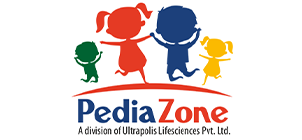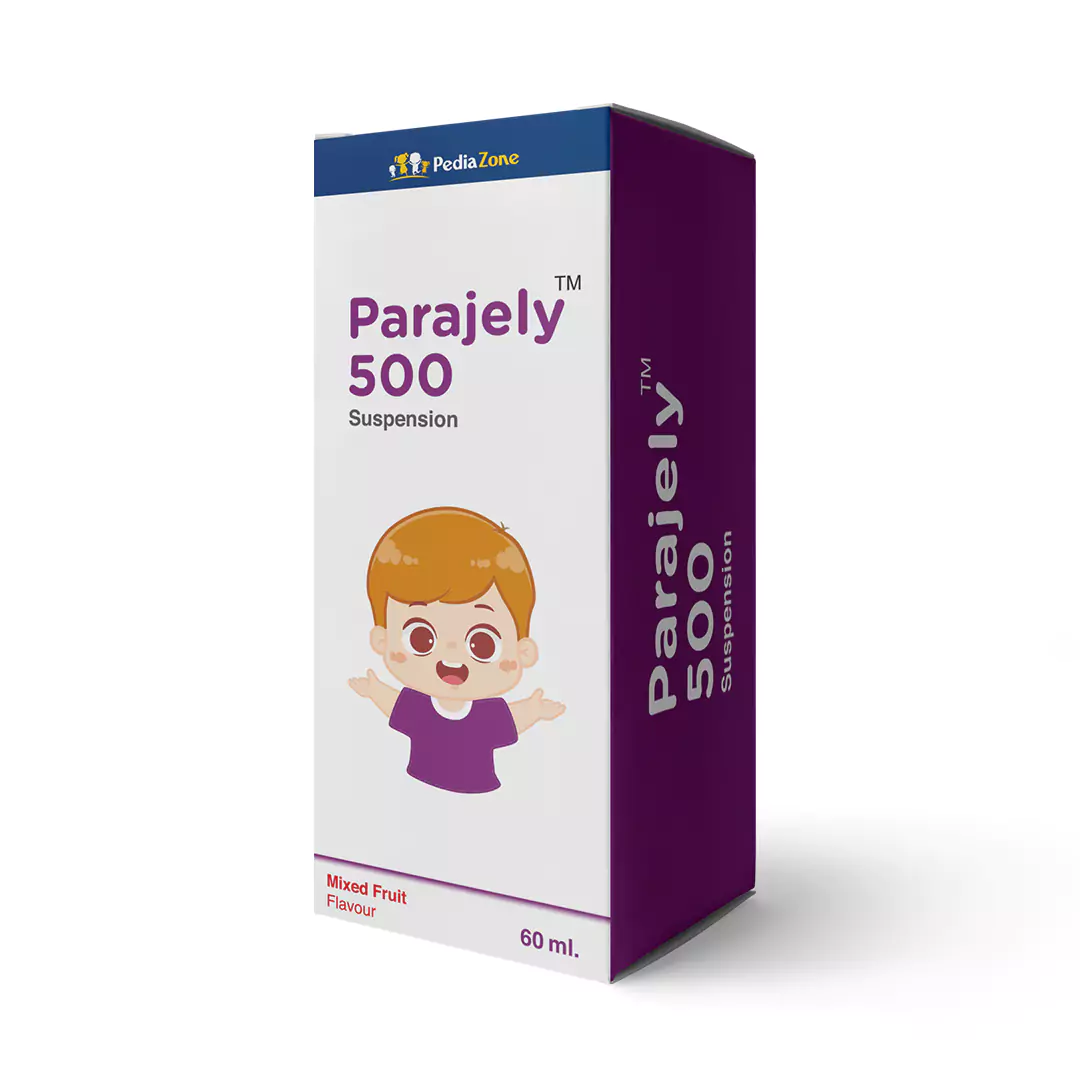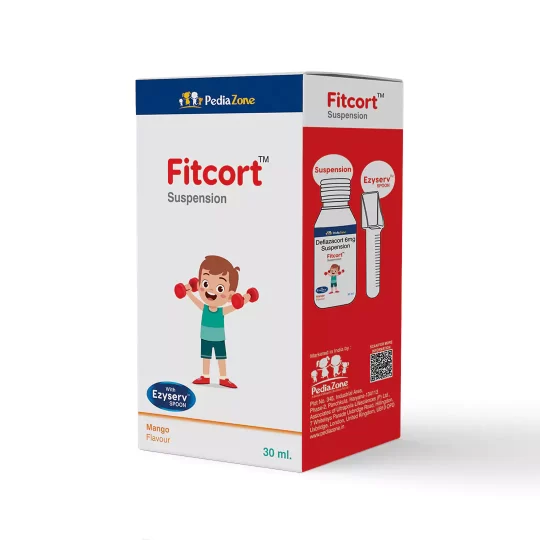Therapy / Class: Analgesics & Antipyretic / Para Aminophenol Derivatives
Mechanism of Action:
Analgesic Mechanism: It produces analgesic action by inhibiting the COX pathway in the central nervous system but not in peripheral tissues. It acts within the CNS to increase the pain threshold by inhibiting central cyclo-oxygenase (Both COX-1 & COX-2).
Anti-Pyretic Mechanism: It also produces antipyretic effect by inhibiting PG synthesis in the central nervous system & blocking the actions of endogenous pyrogens at the hypothalamic thermo-regulatory centers.
Indications:
- Treatment Of Fever
- Treatment of Mild Pain or for the temporary relief of
- Headache
- Myalgia
- Back Pain
- Musculoskeletal Pain
- Dental Pain (E.G., Toothache)
- Dysmenorrhea, Arthralgia
- Minor Aches & Pains Associated with Common Cold or Flu
- Moderate Pain to Severe Pain with Adjunctive Opioid Analgesics
- Acute Treatment of Migraine
Dosage & Administration:
| For Suspension/Dispersible Tablets | ||||
|---|---|---|---|---|
| Age Group | Dose given every 4 hours | Dose given every 6 hours | Maximum single dose | Maximum total daily dose of Paracetamol |
| Children 2 to 12 years of age | 12.5mg/kg | 15mg/kg | 15mg/kg (up to 750mg) | 75mg/kg in 24 hours (up to 3,750mg) |
| For Drops | |
|---|---|
| Average Weight (Kg) | Dose* (ml) |
| 3.8-5.5 | 0.5-0.8 |
| 5.5-8.3 | 0.8-1.2 |
| 8.3-10 | 1.2-1.5 |
| *Calculated based on 15mg/kg body weight | |
HOW SUPPLIED:
PARAJELY 500 is available as suspension form in 60ml Pack
References:
- Cochrane Database Syst Rev. 2002;2002(2)
- Scand J Prim Health Care. 2010; 28(2): 115–120.
- Eur J Pediatr. 2022 May;181(5):1835-1857.
- Inflammopharmacology. 2017; 25(1): 1–9.
- Pain Ther. 2015 Dec;4(2):149-68.





